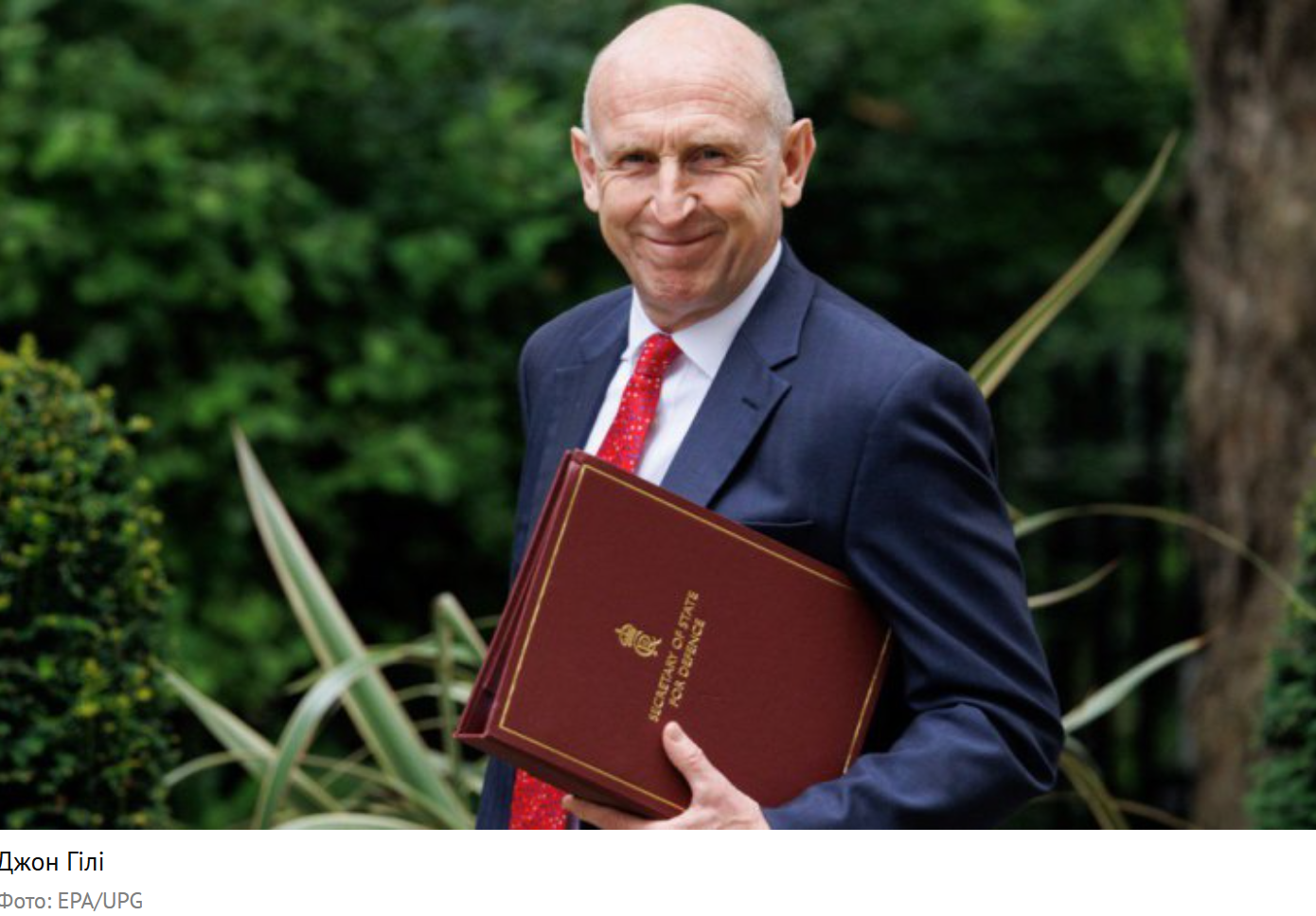British Defense Secretary names condition for sending troops to Ukraine
15 August 23:40
London has declared its readiness to deploy its troops on the territory of Ukraine if a ceasefire is reached. This statement was made by British Defense Secretary John Healey, "Komersant Ukrainian" reports citing the BBC.
According to him, the meeting between US President Donald Trump and Russian dictator Vladimir Putin could be the “first step” to peace. If an agreement is reached, Britain is ready to intervene to ensure its implementation.
“We are ready to deploy British troops to Ukraine to reassure Ukrainians, to guarantee security in the skies and at sea, and to strengthen the capabilities of Ukrainian forces. The best deterrent to Russia is a strong Ukraine that can defend itself,” Healy emphasized.
The peacekeeping plan is ready
The Defense Secretary noted that the UK is leading a coalition of about 30 mostly European nations in developing a comprehensive plan for peace in Ukraine.
More than 200 coalition military planners have been working on a detailed algorithm of actions over the past months, which will be implemented immediately after the ceasefire is declared.
“We are ready to act from day one. The military plans are complete,” emphasized Mr. Gilli.
The right to self-defense and pressure on Russia
The minister added that British troops will have the right to self-defense in the event of an attack. However, he refrained from commenting on possible hypothetical scenarios.
Healey also warned that if Putin shows during the Alaska meeting that his intentions for peace are not serious, the UK is ready to increase economic sanctions and other measures of pressure on Russia.
Negotiations with partners
The issue of the possible deployment of foreign troops in Ukraine has been discussed for a long time. Back in April of this year, the Ukrainian military met with the Chiefs of Defense Staff of our partners, Admiral Anthony Radakin of the United Kingdom and General Thierry Bourcart of France.
The parties discussed security guarantees for Ukraine and the future architecture of peace in Europe, as well as the possible participation of international partners in the implementation of security agreements after the end of hostilities.









